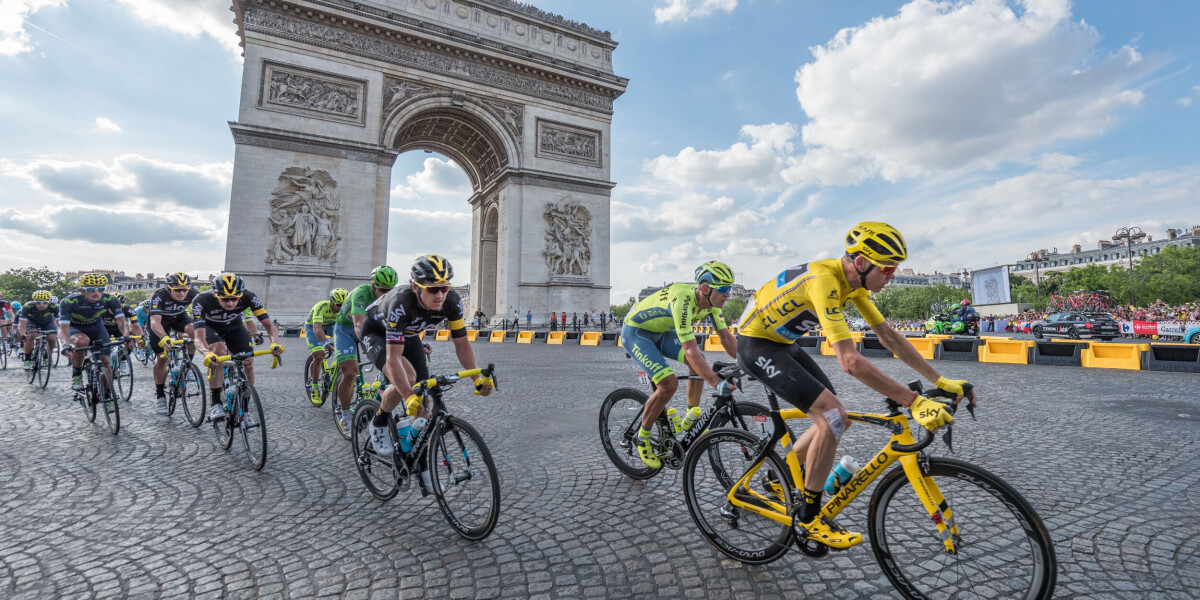
Why are tour de france cyclists called ‘runners’ in french?
- Select a language for the TTS:
- UK English Female
- UK English Male
- US English Female
- US English Male
- Australian Female
- Australian Male
- Language selected: (auto detect) - EN
Play all audios:

THE LINGUISTIC REASON IS LONG, ARDUOUS AND SURPRISING - MUCH LIKE THE RACE ITSELF MOST POPULAR A legion of brave and super-fit cyclists have started to traipse their way around 3,300 km of
French backroads in the annual fitness-fest and crowd-pleasing spectacle known as the Tour de France. But listening to TV commentators as they describe the action – in between the very
enjoyable and insightful history lessons as the peloton (the name for the bunched, main field of riders) passes through yet another stunning village – and there is an incongruous description
of the riders. They are referred to as ‘_coureurs_’, which is translated as ‘runners’. The linguistic trail of this usage to describe cyclists is long and arduous, much like the race
itself. Read more: Baffled by the Tour de France rules? Read these four points RUNNING FROM WOMAN TO WOMAN According to the esteemed _Trésor de la langue française_ – the digitised Treasury
of the French Language – back as far as the 13th century, a _coureur_ was a messenger; later in the 16th century a _coureur_ was used to describe a promiscuous woman, or a womanising man who
"assiduously seeks out and frequents certain places, certain people." So far, no cycling link. ACADÉMIE FRANÇAISE HAS THE ANSWER This does not come until the 16th century, when
the word's meaning evolved to describe "someone who looks for, or frequents something". According to the Académie française, the French word _la course_ – ‘the race’ is the
key origin – _un coureur_ thus became "a person who participates or who has the habit of participating in racing events". The word _coureur_ can also be used to describe a person
who is always on the move, never at home such as an intrepid traveller or explorer. And, to make things doubly complicated, _la course_ is also the action of running!
